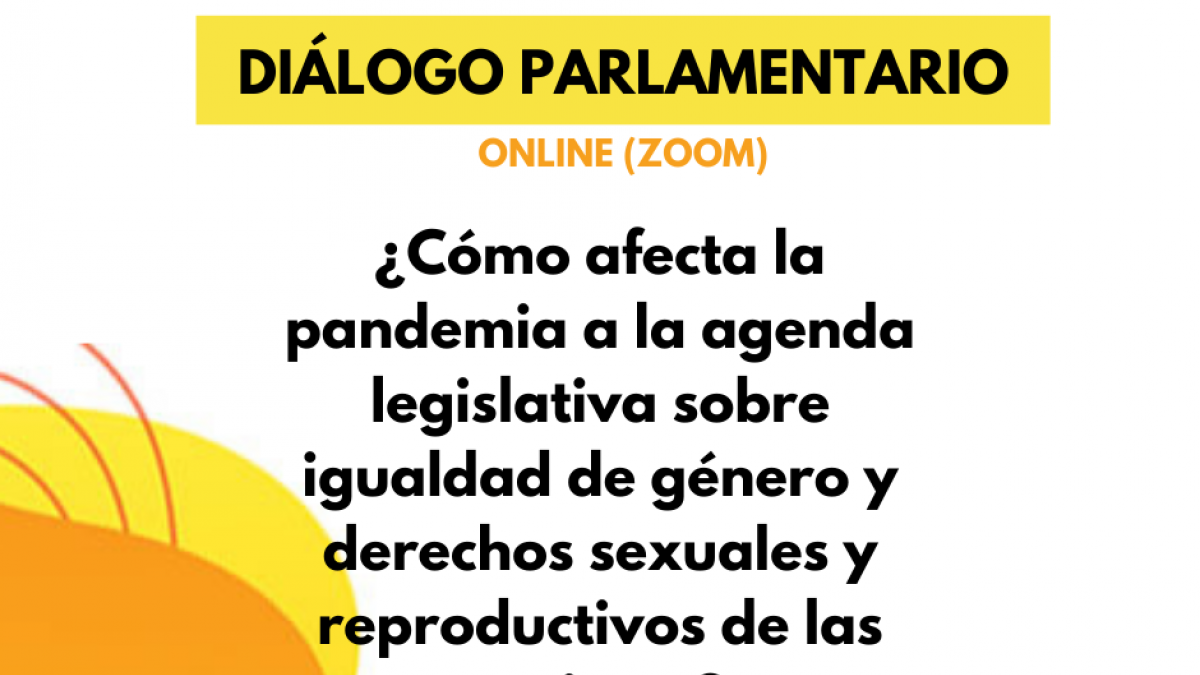
21 October 2020 - The Spanish, Basque Country and Catalonia All Party Parliamentary Groups are organising a parliamentary dialogue in collaboration with the L'Associació de Drets Sexuals i Reproductius on the 26th of October at 15:00.
In recent decades there have been significant advances in the recognition and exercise of women's rights and, specifically, their sexual and reproductive rights and their right to health. The implementation of the commitments agreed at the 1994 International Conference on Population and Development (ICPD), and the Platform for Action of the World Conference on Women held in 1995 in Beijing, continue to receive strong support around the world. This is illustrated by the revisions to the agreements of these conferences, signed at the Nairobi Summit in 2019 and soon in Paris. However, a small but noisy group of actors is increasingly pressing against women's rights, gender equality, LGBTQI + rights, and sexual and reproductive rights in general. This pressure and coercion is often orchestrated by European and global networks that infiltrate and influence international institutions and forums.
In addition to this challenge, the crisis caused by COVID-19 is exacerbating pre-existing deficiencies and inequalities in access and enjoyment of sexual and reproductive health services for women and girls.
European states have responded in very different ways in this changing landscape. In Poland, Slovenia or Romania, for example, the pandemic has revealed the perversity of restrictive laws that limit the free exercise of women's rights; and in the United States, the impact of the measures imposed by the Trump Administration shows that the gains made on the path to gender equality are at risk.
Neil Datta, EPF Secretary, will be the keynote speaker for the session, which will provide the opportunity to:
- Share information about the current scenario.
- Collectively analyse and think about proposals on strategies that, from parliamentary action, contribute to strengthening policies for gender equality and promoting increased funding for sexual and reproductive health and rights.